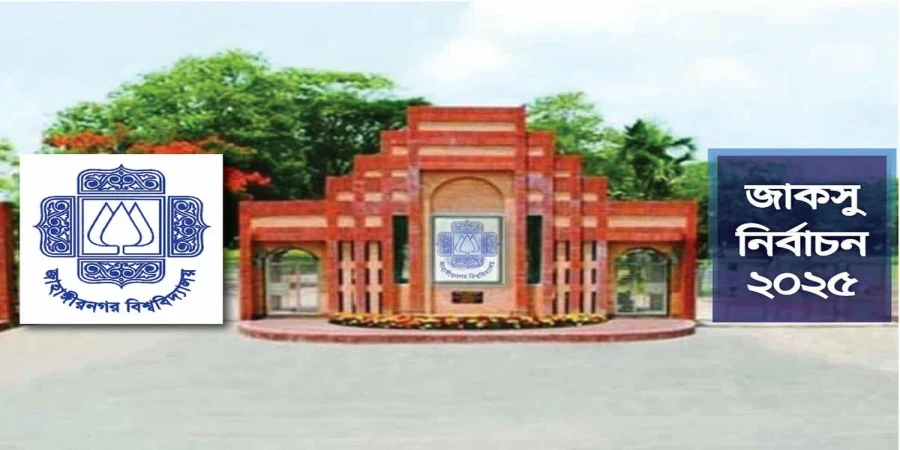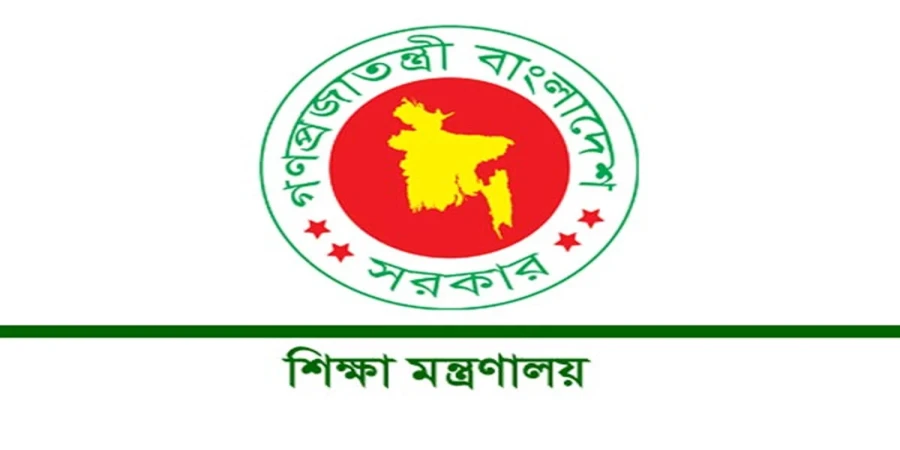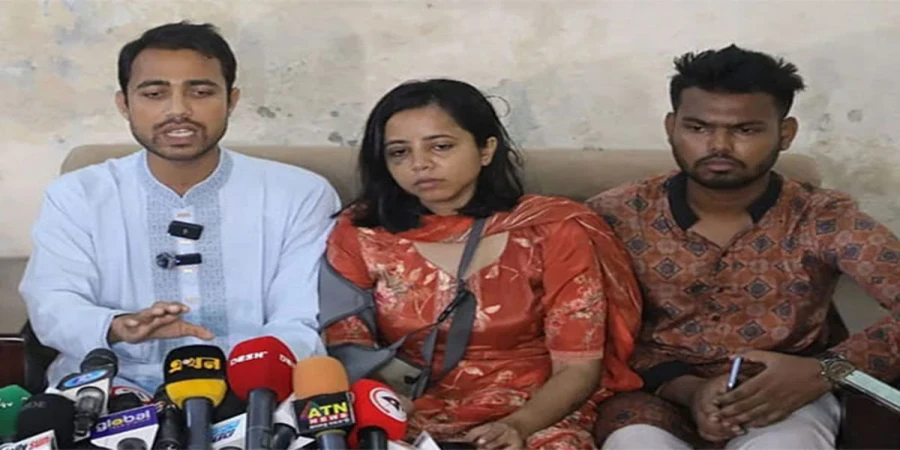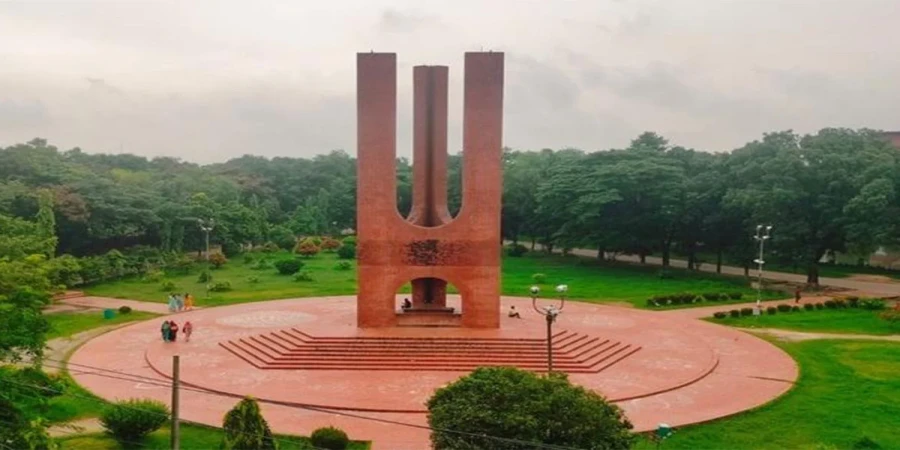
ছবি: -Collected Photo
The much-anticipated Jahangirnagar University Central Students’ Union (JnUSU) election has entered its final stage as the Election Commission officially began announcing results on Saturday evening at the Senate Building. The process started shortly after 5:15 p.m., beginning with the outcomes of the hall-level polls.
This marks a significant moment in the university’s history, as thousands of students exercised their voting rights in the long-awaited student body election. Ballot counting, which stretched for nearly 40 hours, concluded earlier on Saturday after votes from 21 residential halls were transferred and tallied at the Senate Building.
The voting itself took place on Thursday, drawing a large turnout from the student community. Out of a total of 11,743 registered voters, around 68 percent cast their ballots, reflecting both the enthusiasm and the weight of the election. For the 25 central posts of JnUSU, as many as 177 candidates contested, making the race both competitive and deeply fragmented.
However, the polling was not without controversy. Soon after the vote began, five panels including the BNP-backed Bangladesh Jatiyatabadi Chhatra Dal-supported group withdrew from the contest, alleging widespread irregularities. Alongside them, several progressive student alliances such as the Sammilito Shompree’tir Oikyo, the Samshoptok Parishad backed by Bangladesh Chhatra Union and Chhatra Front, and the independent Angikar Parishad also announced boycotts. Divided factions of the Chhatra Front, as well as a number of independent candidates, joined the boycott in protest.
Despite the withdrawals, the election carried forward with a majority of candidates still in the fray. The atmosphere on campus has been charged, with intense anticipation over which groups and individuals will emerge victorious in key posts.
The competition for the vice-president (VP) position drew nine contenders, while eight candidates battled for the general secretary (GS) post. The joint general secretary roles were also highly contested, with six female and ten male candidates vying for the positions. Across other portfolios, a diverse mix of aspirants—ranging from party-backed nominees to independents—sought to represent the interests of their peers.
For students, the JnUSU election is more than a routine exercise. It symbolizes a broader struggle for representation, freedom of expression, and leadership on campus. After decades without elections, the resumption of this process has been seen by many as a milestone in restoring democratic practices within the university environment.
Yet the allegations of irregularities and boycotts by major panels have cast a shadow over the credibility of the polls. Critics argue that unless such issues are addressed, the legitimacy of the elected student union could remain under question. On the other hand, many students welcomed the opportunity to cast their vote regardless of the turmoil, seeing it as a long-overdue chance to choose their representatives.
As the results continue to be announced, eyes remain fixed on the Senate Building, where the Election Commission is gradually revealing winners of the 25 central posts. For the university community, the outcome will not only shape student politics in the coming years but also stand as a test of whether the institution can balance democratic aspirations with fairness and transparency.
With thousands of young voices invested in the process, the JnUSU election of this year is certain to leave a lasting imprint on the political and cultural fabric of Jahangirnagar University.
repoter





